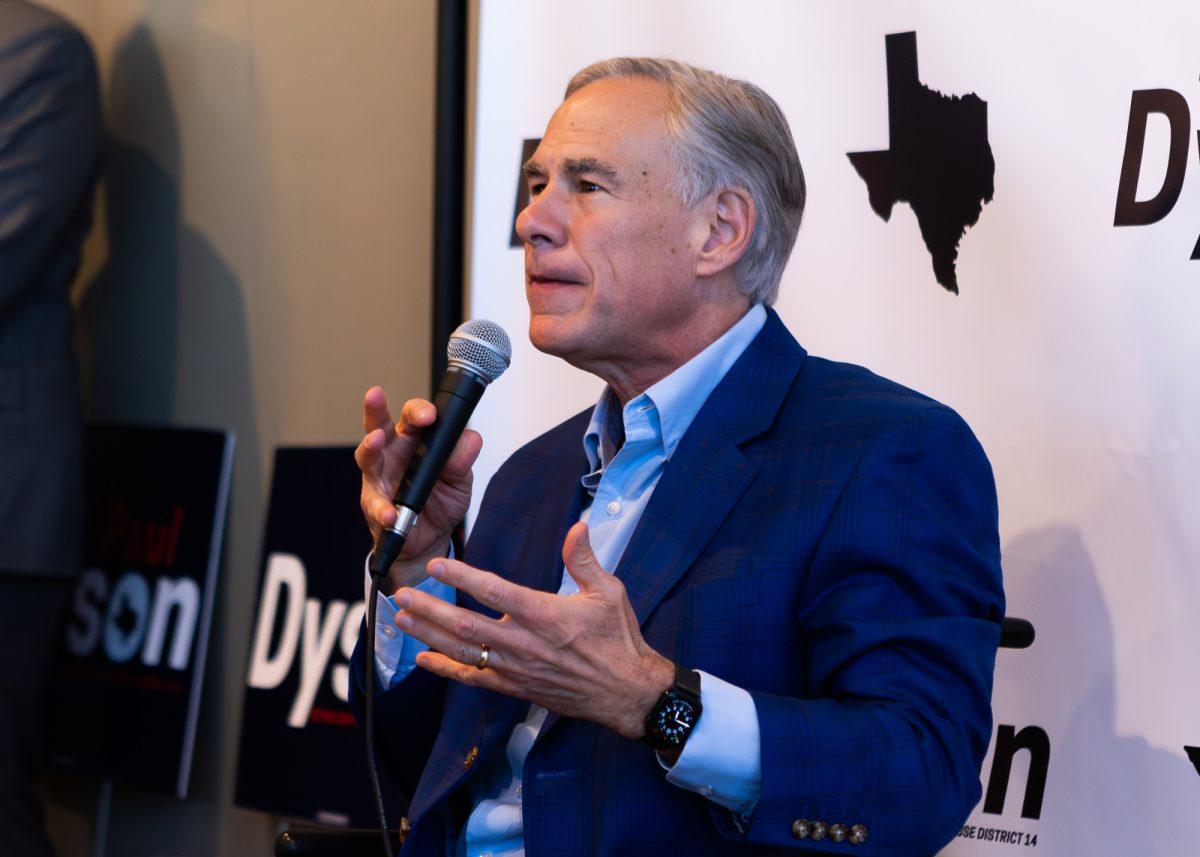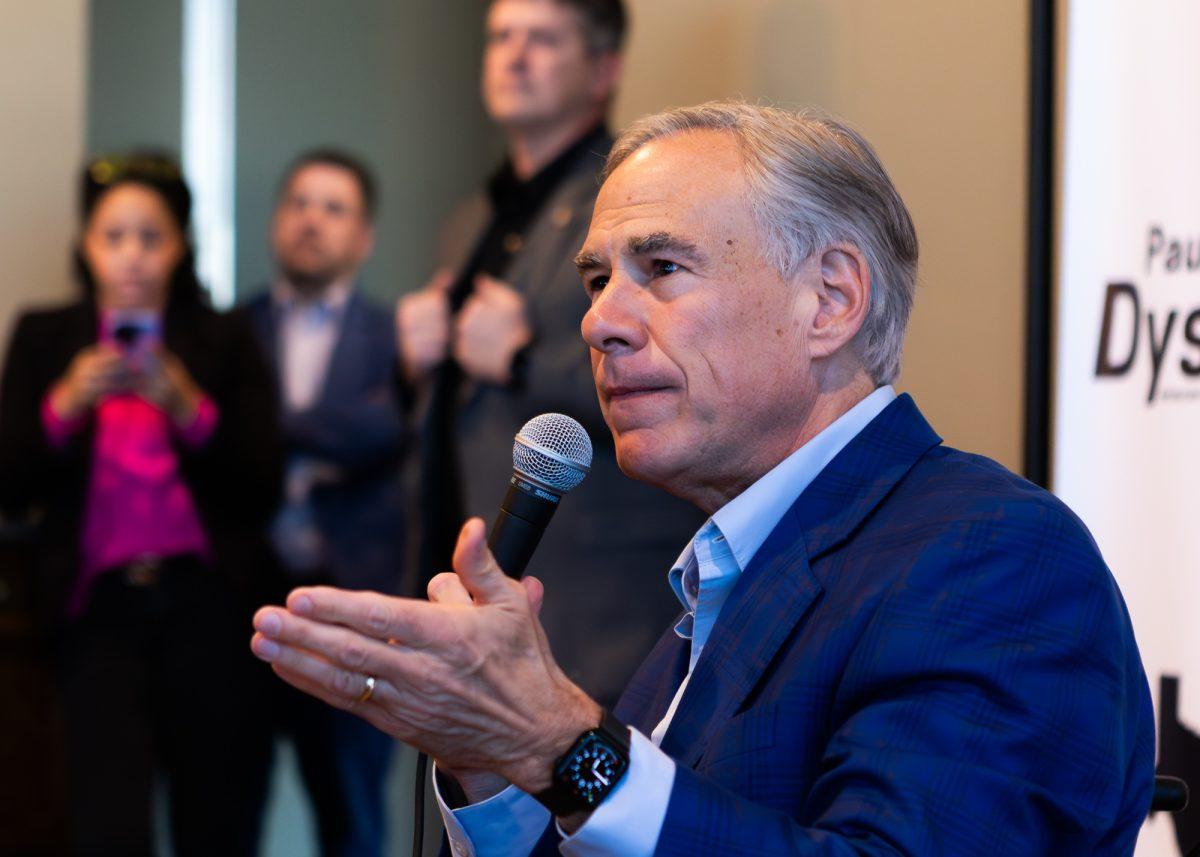“A Swing in the South: Texas’ Future in American Politics,” the first MSC Wiley Lecture Series event of the semester, gave three speakers a platform Wednesday to discuss the future of Texas politics.
Phil Shackelford, former democratic field representative; John Jackson, republican victory director; and Harvey Tucker, political science professor, spoke on a variety of topics that included community engagement and the 2014 gubernatorial race.
The future politics of Texas will be greatly affected by the surge in the number of Latino voters in the state, but it does not necessarily mean the state will turn blue, Shackelford said.
“Demographics are changing greatly and how that affects elections remains to be seen because it would really not do our due diligence to say that just because Hispanics are going to surpass Anglos as a population segment that democrats are going to get elected,” Shackelford said. “I think that it is not quite the right thing to say. But what it does says is that we have the opportunity to earn their respect, earn their vote and ultimately earn the trust of Texas’s entire population.”
Texas democrats believe Wendy Davis is a good choice for governor since she has done very well in a district that has a good representation of Texas demographics as a whole, Shackelford said.
“Anglos vote more than the Black and Hispanic percentage, which is typical in this type of district,” Shackleford said. “This district happens to be Wendy Davis’s district. It is not a safe democratic district, and it is not a safe republic district, it’s Texas. It is what Texas represents.”
Jackson spoke on the future goals of the Texas Republican Party and how they plan on maintaining control of congressional seats.
“Our plan is in Texas, from the republican standpoint, is to make sure that we keep this state red and to not allow the democrats to elect a state wide official and keep our majority in the state house as well in the state senate and keep our congressional districts.” Jackson said “We see the same demographics changing and the state becoming competitive again in maybe four, six or eight years down the line, so we want to be ready for that. ”
Jackson said the party will be responding the demographic changes and the increases in the total population of Texas.
“We need to start IDing and getting out the vote in a different strategy,” Jackson said. “We need to recruit precinct chairmen in vacant precincts. For a long time that has gone by the wayside when we stopped recruiting with our grassroots efforts so we need to refocus our efforts on that. We need to register new voters. Over 1,200 new people move to the state of Texas everyday, and then obviously we need to encourage participation from our Hispanic, Asian-American and African-American voters and bring them into our convention process.”
Tucker said state politics are mostly one-party oriented the national administration is not accomplishing as much as the states are.
“What we have now is an unprecedented period of time when states are controlled by either one party or the other,” Tucker said “What’s even more interesting is in the states controlled by republicans they not only have a majority in the legislature but they have a super majority in the legislature. In most states the majority party needs no help what so ever from the minority party to do what they want to do. In Washington D.C. we see gridlock but the states are the current battlegrounds, and let me tell you it is a take-no-prisoners era in American politics.”
Tucker said a future Hispanic majority is a reality, and if Hispanics vote together they will determine the vote.
“In a week or two weeks or a month, Texas is going to be a majority Hispanic or majority people who call themselves Hispanics or Latinos. ” Tucker said “When you are you parents age, when you are in charge, two-thirds of people that are voting age will be Hispanic. There is no reason to think that they will vote together, but if they do vote together then whatever they what, that’s what is going to happen.”
Panel differs on Texas’ future as swing state
February 13, 2014

0
Donate to The Battalion
$70
$2500
Contributed
Our Goal
Your donation will support the student journalists of Texas A&M University - College Station. Your contribution will allow us to purchase equipment and cover our annual website hosting costs, in addition to paying freelance staffers for their work, travel costs for coverage and more!
More to Discover









